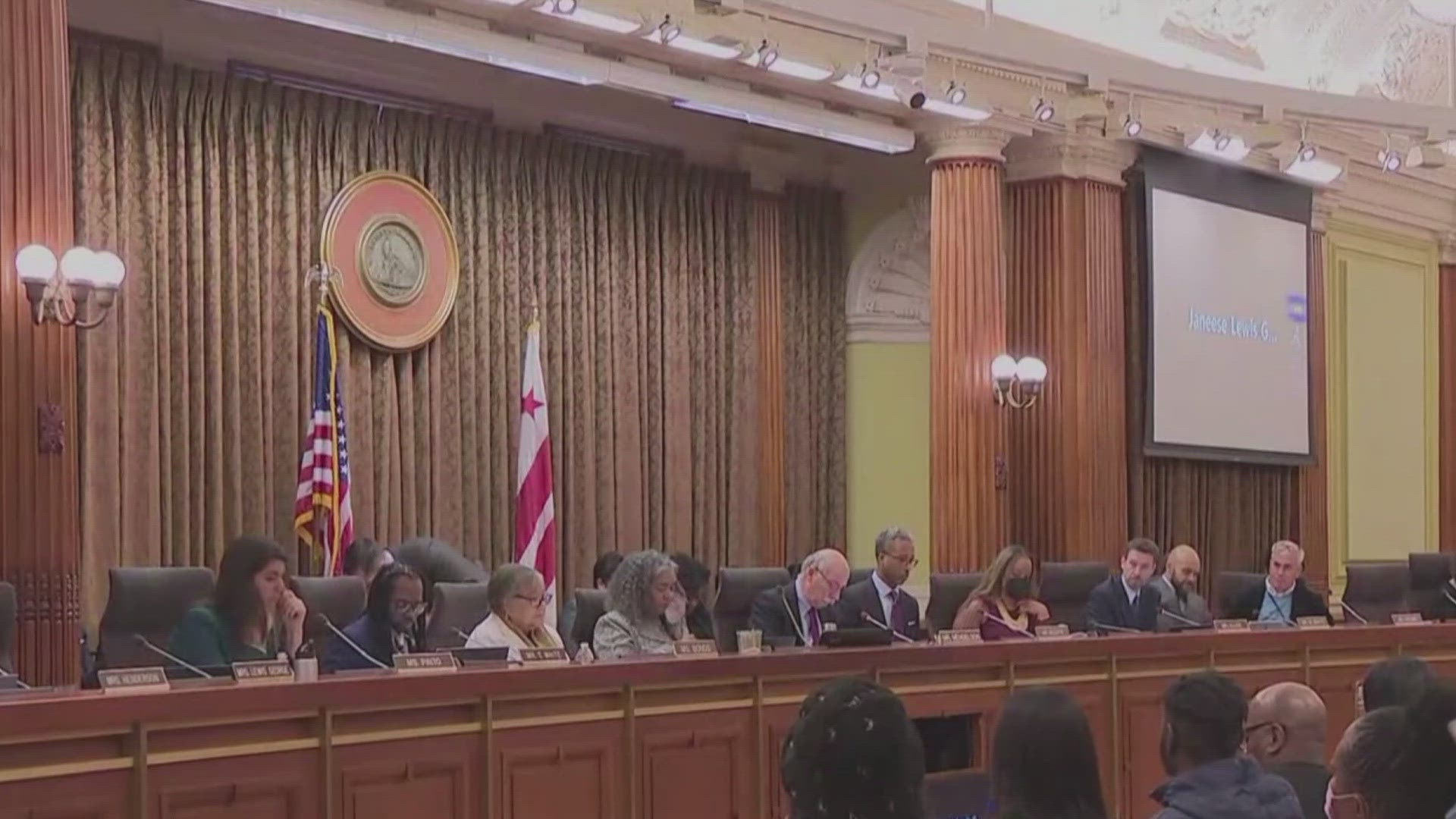DC Council Member Faces Federal Corruption Allegations: A Detailed Examination of the Scandal
Last summer, Washington, D.C.’s political scene was rocked by a major scandal involving Trayon White, a prominent member of the city council and a former mayoral candidate. White, known for his advocacy work and influence in D.C. politics, now faces serious federal bribery charges. The allegations claim that he accepted over $150,000 in bribes in exchange for using his political influence to manipulate city contracts. The investigation has raised critical concerns about transparency and accountability in the local government.
According to a federal affidavit, White, aged 40, allegedly accepted around $156,000 in kickbacks and cash payments between June and August 2024. The investigation focuses on his efforts to influence employees within city agencies, particularly the Office of Neighborhood Safety and Engagement (ONSE) and the Department of Youth Rehabilitation Services (DYRS). The contracts involved were related to violence intervention services—an essential part of the city’s public safety efforts. The value of the contracts in question was approximately $5.2 million, and the bribe payments amounted to about 3% of that total.
The affidavit details how White allegedly struck a deal with a confidential informant linked to one of the companies benefiting from the contracts. The payments to White were reportedly made in four installments, each amounting to $35,000. Additionally, investigators claim that White was shown a document detailing the calculation of his share, with video evidence capturing the exchange. Further complicating the case are allegations that White received an extra $20,000 in connection to his intervention in a contract dispute. The bribes reportedly extended beyond cash payments, with the informant giving White trips to destinations like the Dominican Republic and Las Vegas, suggesting a personal benefit beyond the financial exchanges.
White has consistently denied the charges, pleading not guilty in September 2024 and rejecting a plea deal offered by prosecutors. At a court hearing in November, he expressed his confidence in his legal team, indicating his determination to fight the charges in court. “I am entitled to due process, and I expect the same justice for my constituents in Ward 8,” White declared. The trial is set for January 2026, signaling a lengthy legal battle ahead.
This scandal is not just an isolated incident; it has broader implications for D.C. politics. The bribery case has sparked debates over the oversight of city contracts and the influence of political figures in public services. Critics argue that such allegations undermine the public’s trust in government institutions and highlight the need for more robust accountability mechanisms. Local advocacy groups have called for reforms in the procurement and oversight processes to ensure greater transparency and prevent future corruption.
The case has particularly resonated with residents in Ward 8, where White has long been a vocal advocate. Many supporters see the charges as politically motivated, driven by adversaries seeking to discredit White’s record of service. In contrast, critics point to the overwhelming evidence, including the documented cash payments and video footage, as proof of misconduct.
As the trial date draws near, the public and legal experts alike will closely monitor the case. Legal observers suggest that the outcome will set important precedents regarding the conduct of public officials and the integrity of government contracts. Whether White is vindicated or convicted, the case will likely have lasting consequences for local governance in D.C.
The scandal underscores the importance of ethical leadership and the need for greater transparency in government dealings. It serves as a reminder of the risks of corruption in public office and the potential consequences for communities that rely on public services. As the judicial process unfolds, the hope is that it will restore public trust and lead to meaningful reforms that ensure accountability at every level of government.
